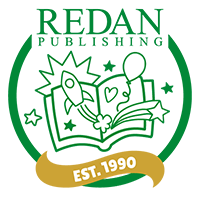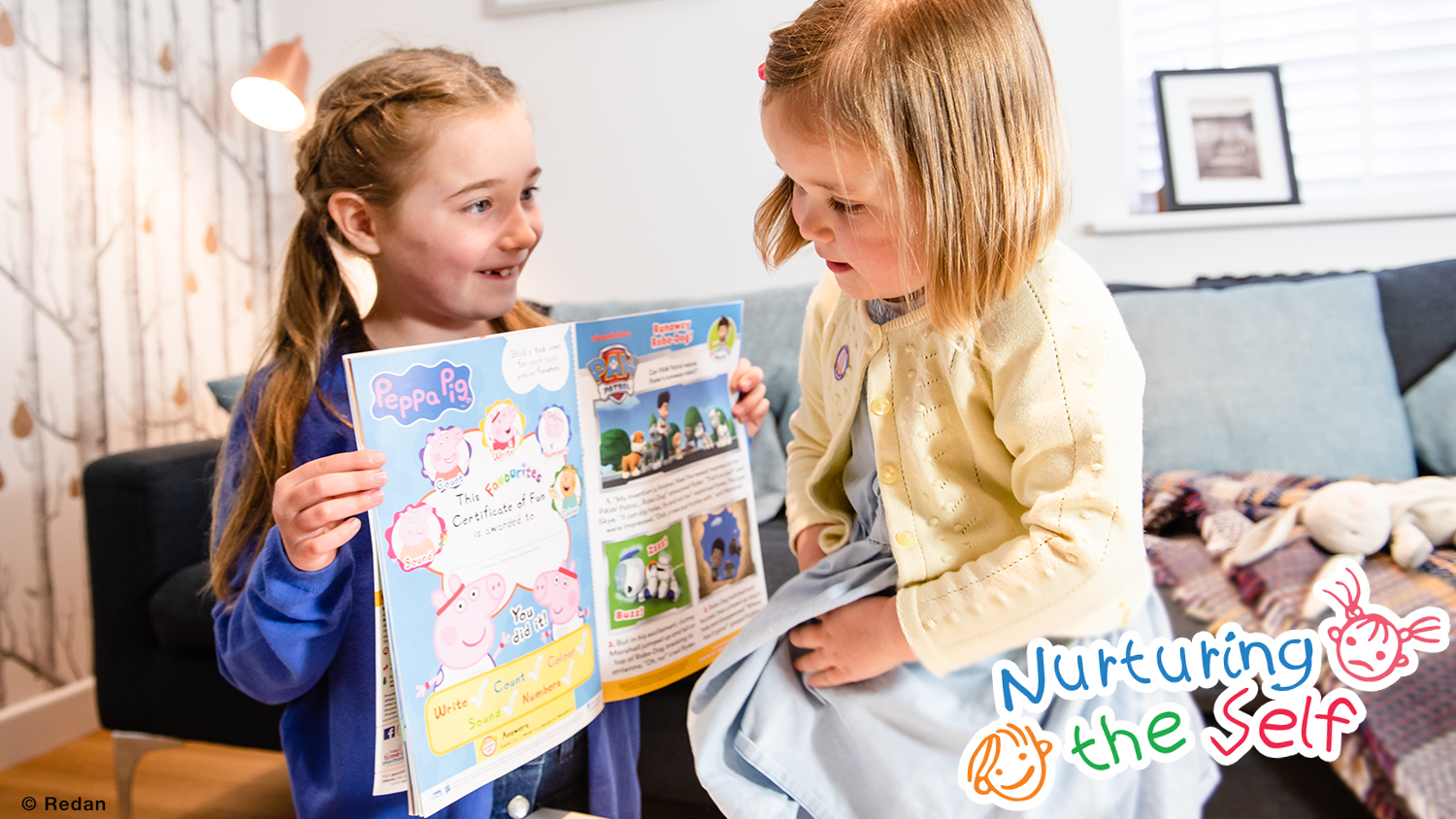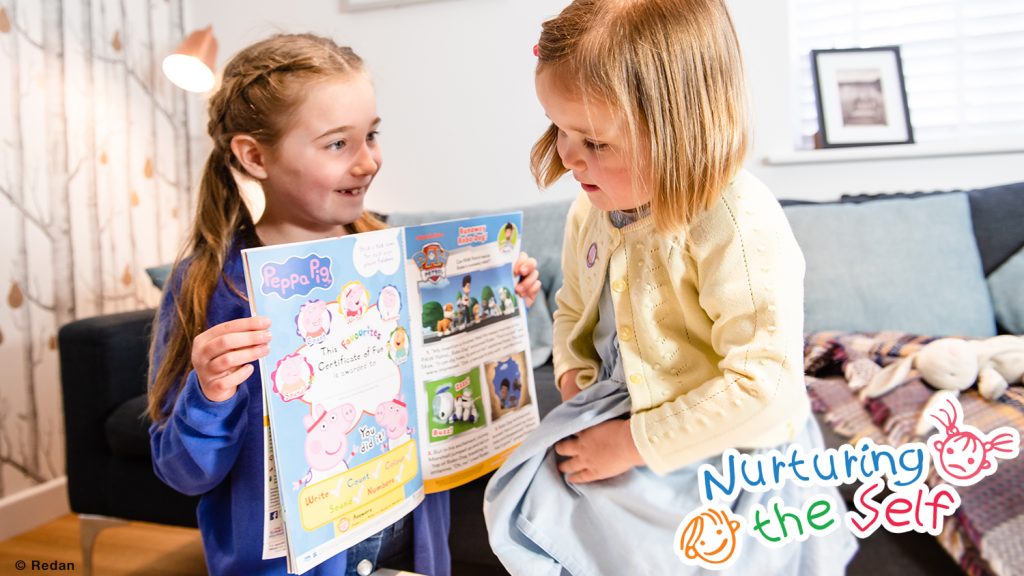
The Beautiful Early Years!
Key Area No.6 – Part 2: Personal, Social and Emotional Development
This is me – Nurturing the self
Life is a journey of self-discovery and we all begin in a place where we have no sense of self. We quickly enter the toddler phase where suddenly EVERYTHING is about me! We then gradually begin to see ourselves through the eyes of others and our perception of the characteristics that define us starts to develop.
The part of the curriculum that focuses on Personal Development is essential to help nurture young children to have positive narratives and develop the skills to experience success in a complex world.
This is the second in a series of three blogs highlighting the important work of personal, social and emotional development.
Environment – You CAN Do It…
In an age where the world feels so dangerous and unpredictable, enabling our small people to take risks and be independent is an internal battle. Despite the perceived risks and fast pace, a ‘can-do’ environment is essential. Every time a child succeeds at something new, they grow in confidence and deepen their self-belief. Whether it is watching them struggle to put on their shoes or make a puzzle, climb a tree, try to resist the urge to help. Helping is saying, ‘you can’t do it, you need me.’ Of course, success isn’t always a given. When they ask for help, or it’s obvious they can’t succeed, offer to demonstrate, ‘I’ll show you.’ This helps them to know life is a growth process and we can learn from each other. Both outcomes say, ‘You can and you will.’
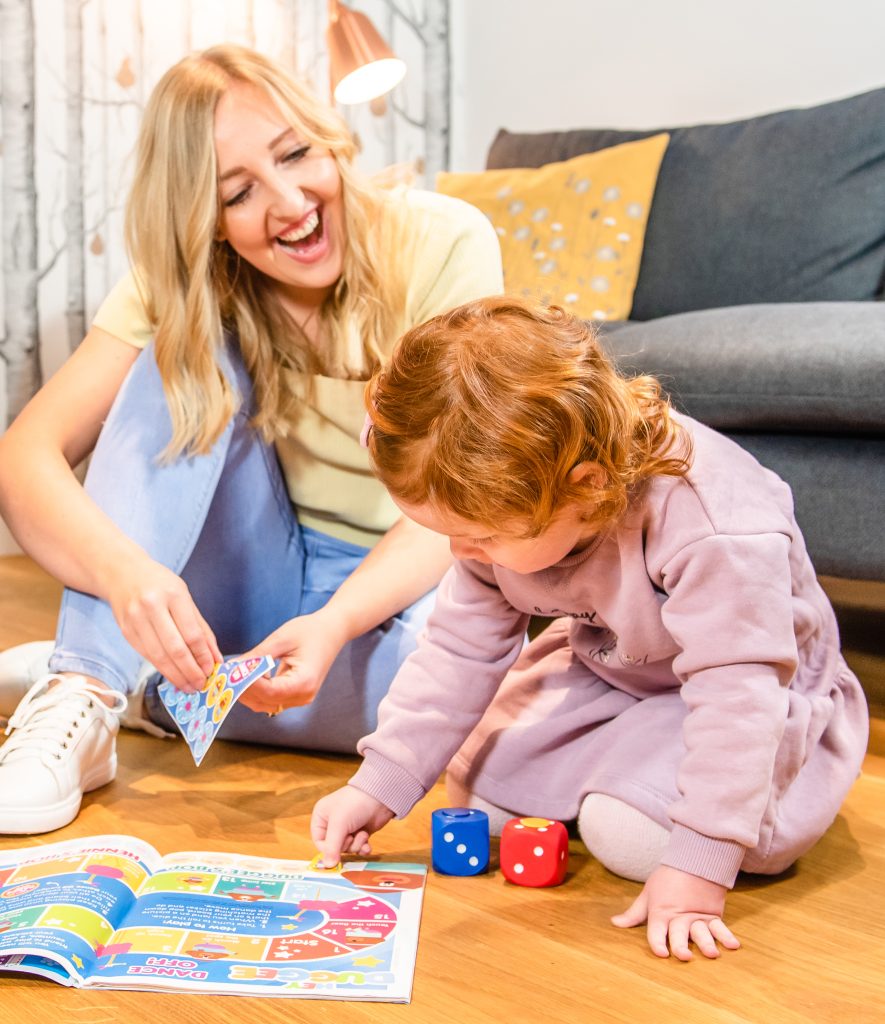
Our Words – Creating The Narrative…
We all have an internal narrative. Ultimately the more supportive, resourceful and loving that voice is, the more we are able to navigate life’s bumpy road. Our small people have yet to form that narrative, so we need to be that positive voice for them. Notice everything and praise. Whilst words like, ‘good girl’ and ‘well done’ are great, explaining why is where the power is…’You did it on your own! You don’t give up!’, ‘You waited, that’s really kind!’, ‘That was really tricky, well done for walking away.’ ‘Thank you for asking for help, that was the right thing to do.’ In times when you’re not there this will become the powerful internal voice.
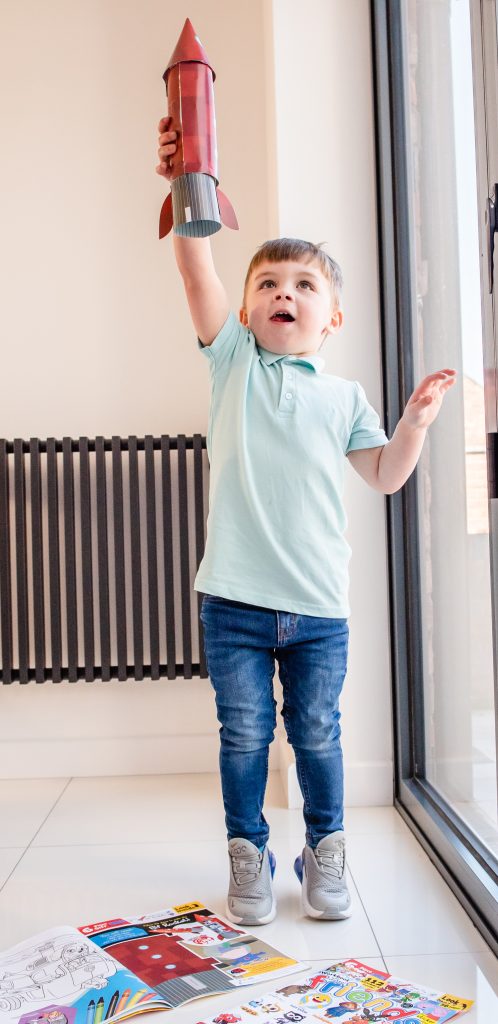
Our Actions – The Right To Be Me…
The Early Years curriculum is wonderfully fixated on the development of the individual, following their passions and interests. My eldest child was obsessed with letters and symbols from a young age, she learnt to read very early and loved books. Conversely, my youngest wanted to be outside all the time, wasn’t interested in reading and was fascinated by vehicles. Both girls, same family, completely different.
It is easy to feel pressure by society and peer groups for our children to look, behave and achieve a certain way. 25 years in education and 23 years as a parent have given me considerable confidence to state that every child is different. This experience has also taught me that when children are not enabled and supported to grow into their true self, it does not go well.
When we allow our children to follow interests, explore ideas and take risks and positively narrate their journey; we teach them they have value, they are unique and they have power. These small people will, as they grow, care for themselves, for others and for the wider world and one day, will nurture the next precious generation themselves.
Rachel x
This Blog series looks at the 7 key areas of learning in the Early Years Foundation Stage and links activities featured in our Fun To Learn magazine range that will help support this development.
Images: © Redan
